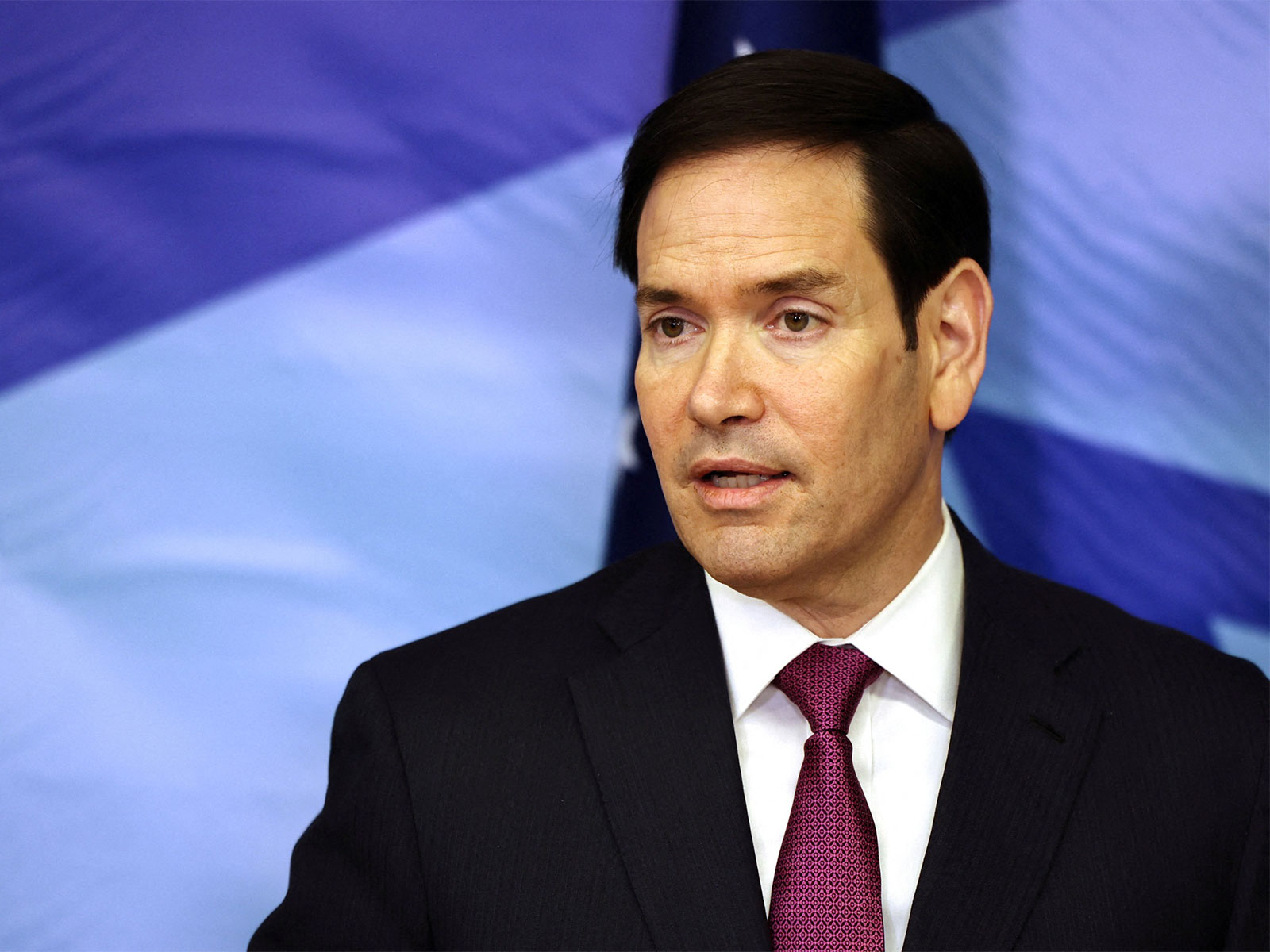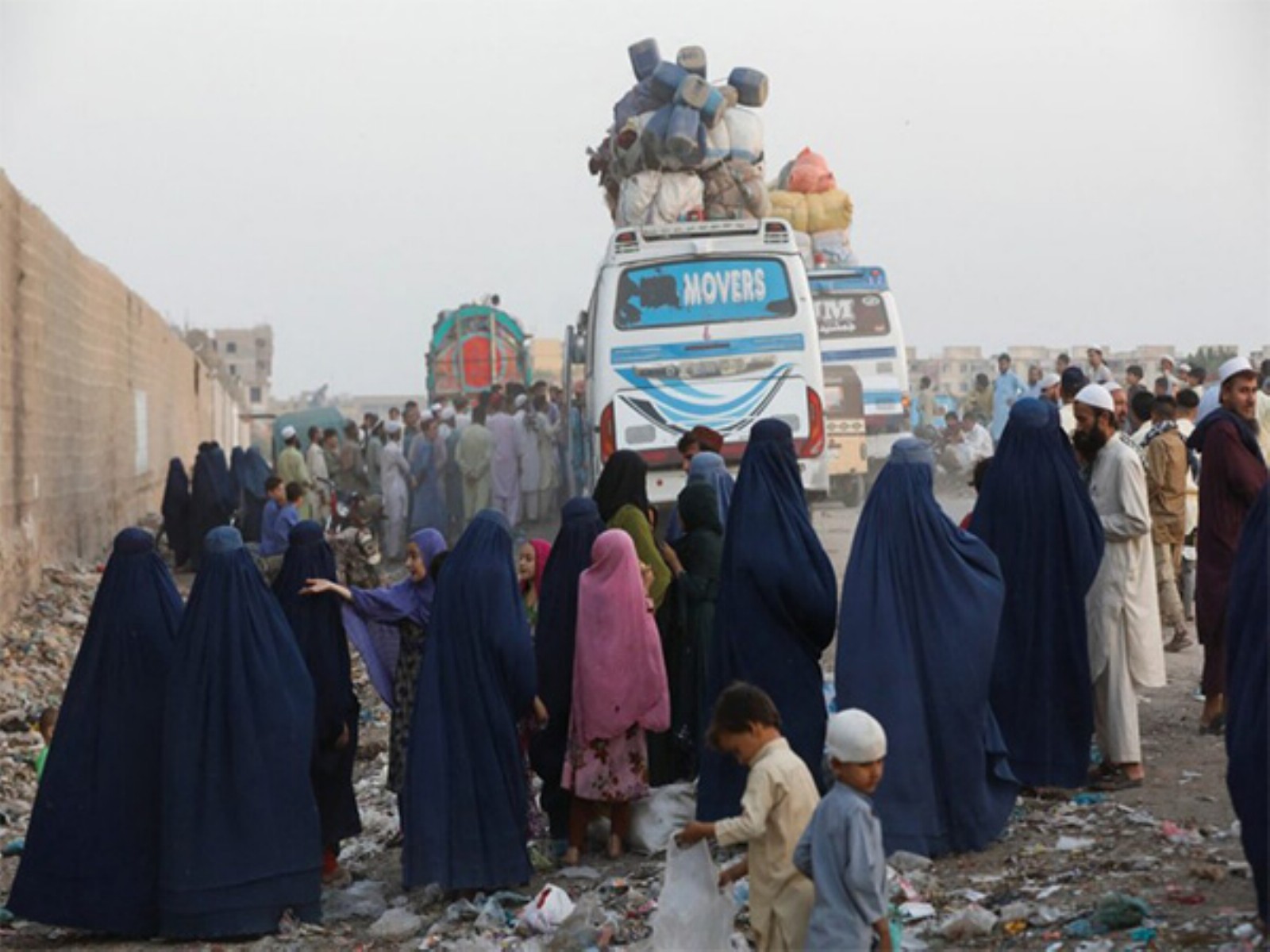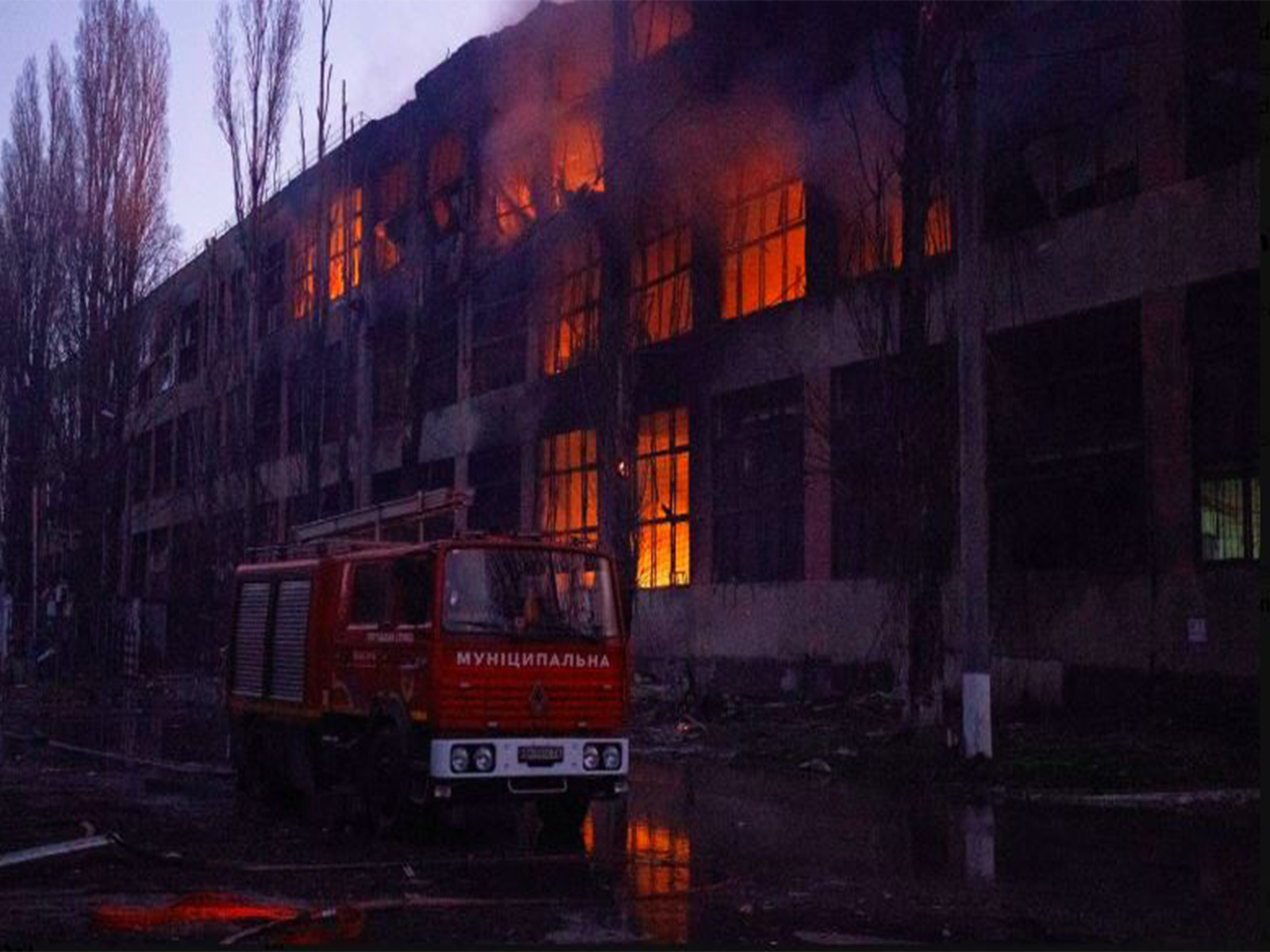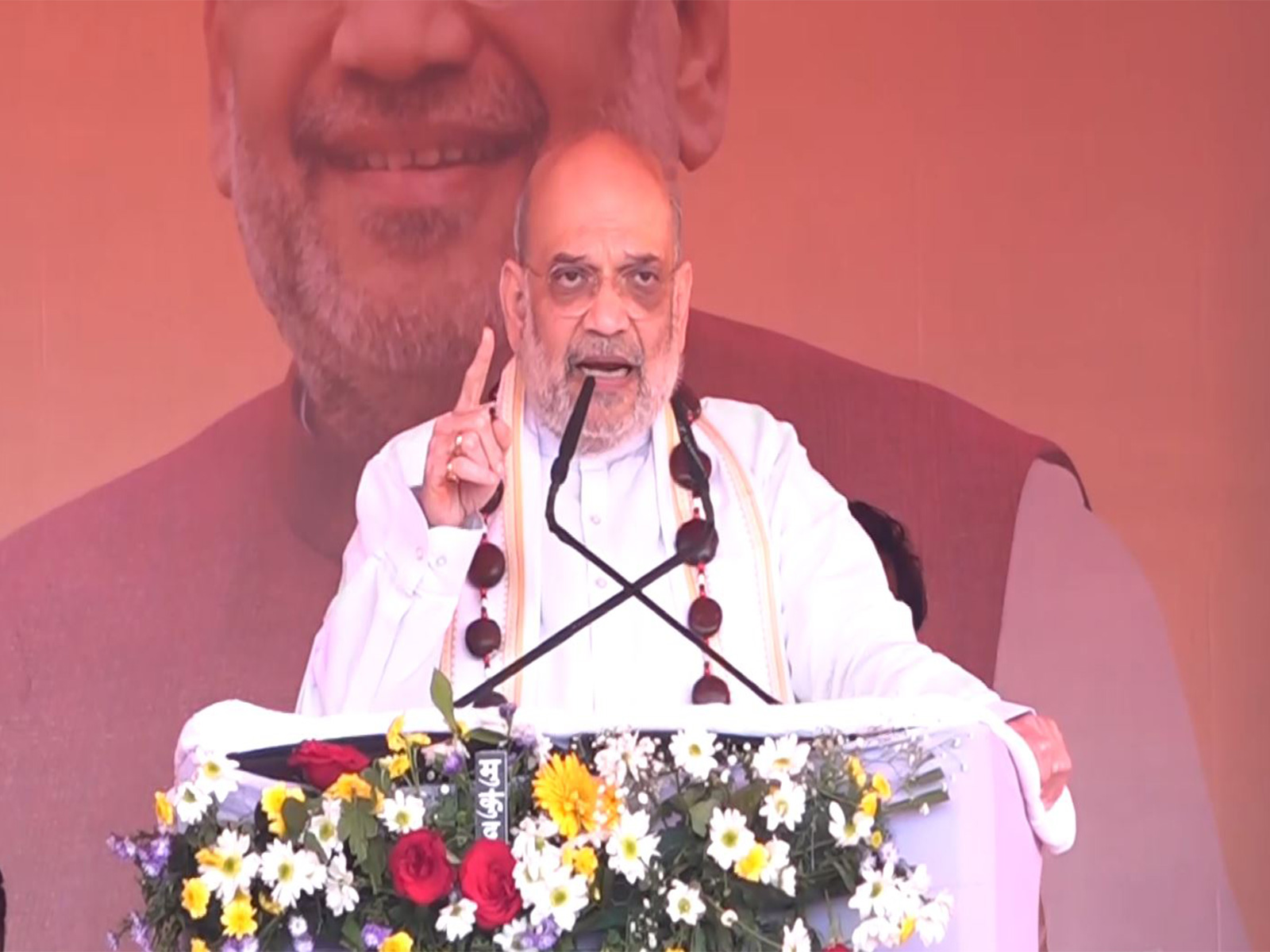China's 'space race' with US taking up massive amount of resources, thinning manpower
May 21, 2021

Beijing [China], May 21 : As China is charting its course to rival the United States in a new race to create a space station, build lunar bases and build a new space order, a reality check of the programmes show that they are taking up inordinate amounts of resources, stretching and thinning out manpower at the National Space Administration (NSA).
Asia Times reported that as several programmes are going on simultaneously, unspecified technical breakdowns forced a vital launch to be aborted early on Thursday.
In an interview with local media, NSA director Zhang Kejian said China's space treks could also be hamstrung by an emerging "talent crunch." With many programmes progressing simultaneously, Beijing will find it difficult to bring talent from outside despite the state media's self reliance claims.
Chinese media said it is wooing experts from foreign countries to train Chinese engineers to be recruited by the NSA. It signed a memorandum on space cooperation with Russia in March, teasing a joint program to design, construct and operate a lunar base inhabited by Chinese and Russian scientists in 2030s.
Despite this, the work at the NSA is hectic with new plans being worked out to draw more recruits, primarily from the military and tertiary institutions, thus requiring more fresh brains, Asia Times reports.
Meanwhile, with the launch of the core module of China's first space station, several experts in the West have raised concerns about the clandestine ambitions behind the construction of the Chinese station and triggering of a new 'space race'.
Beijing is working to match or exceed US capabilities in space to gain "the military, economic, and prestige benefits" of matching the US's capabilities in space, warned a recently-released report by the US Office of the Director of National Intelligence.
China has heavily increased its overall government funding for space activities in 2020, exceeded only the US.
Despite China ramping up its space research and exploration programme, the country spent USD 8.9 billion in space activities, which is very low compared to the USD 48 billion spent by the US, according to EurAsian Times.


















